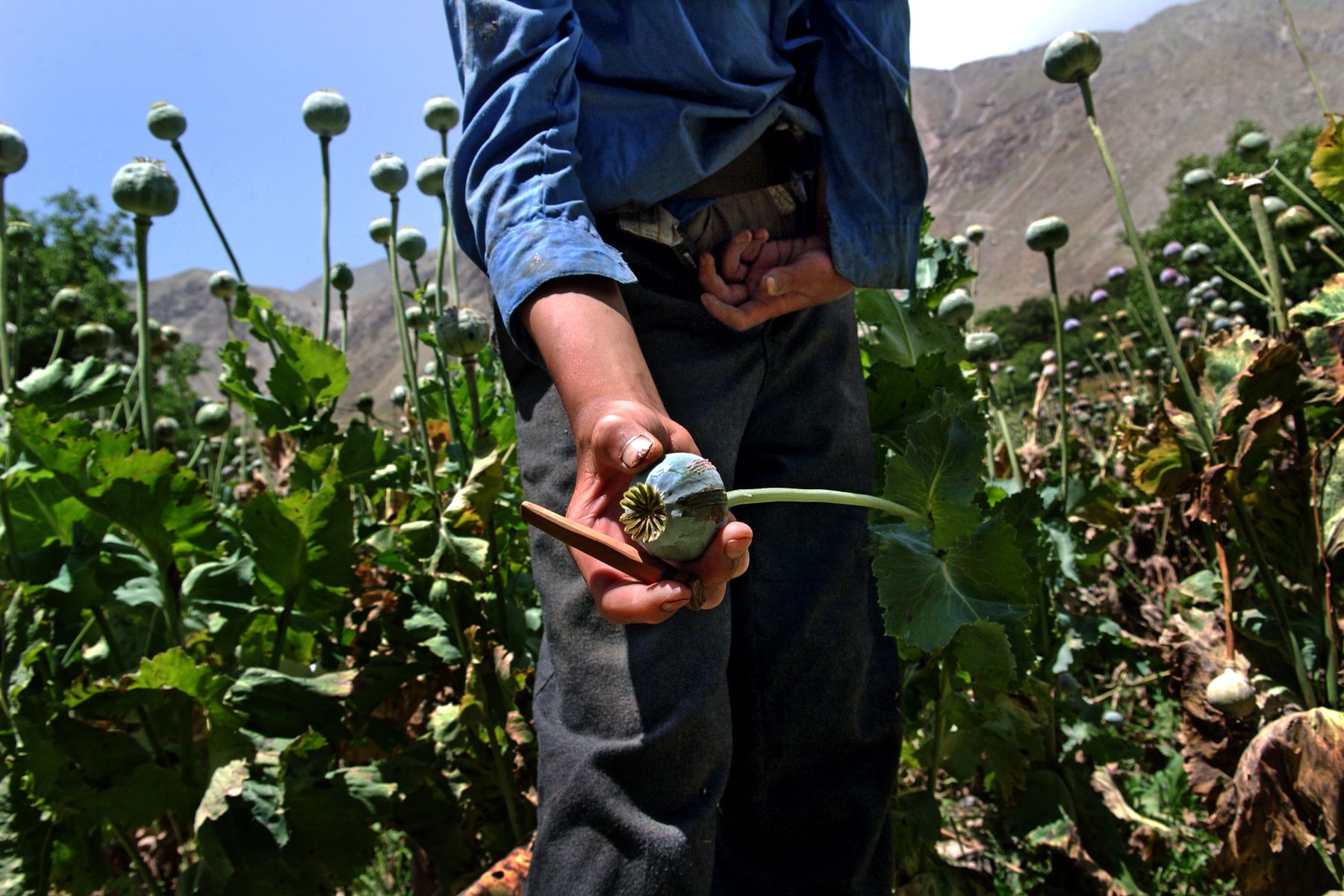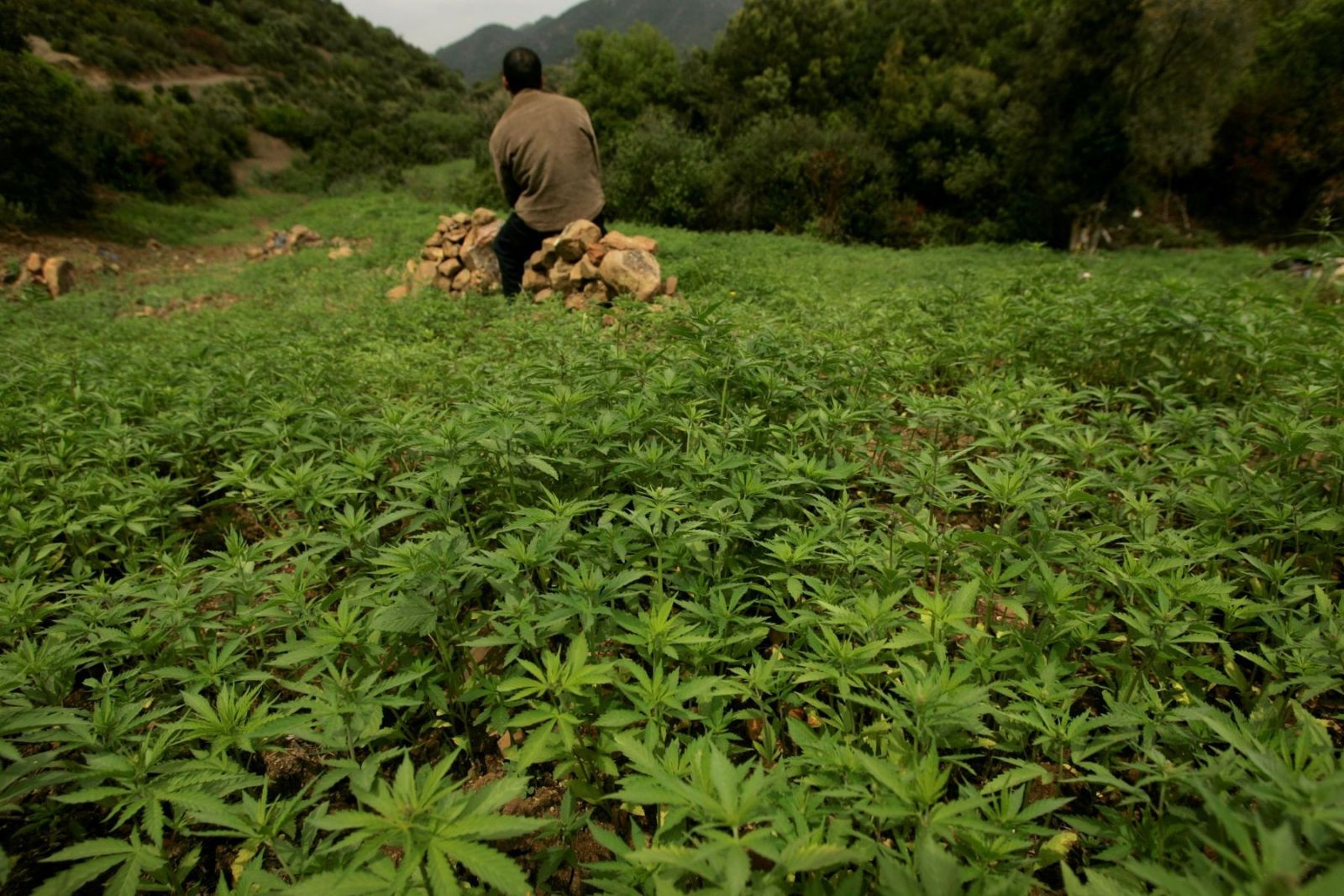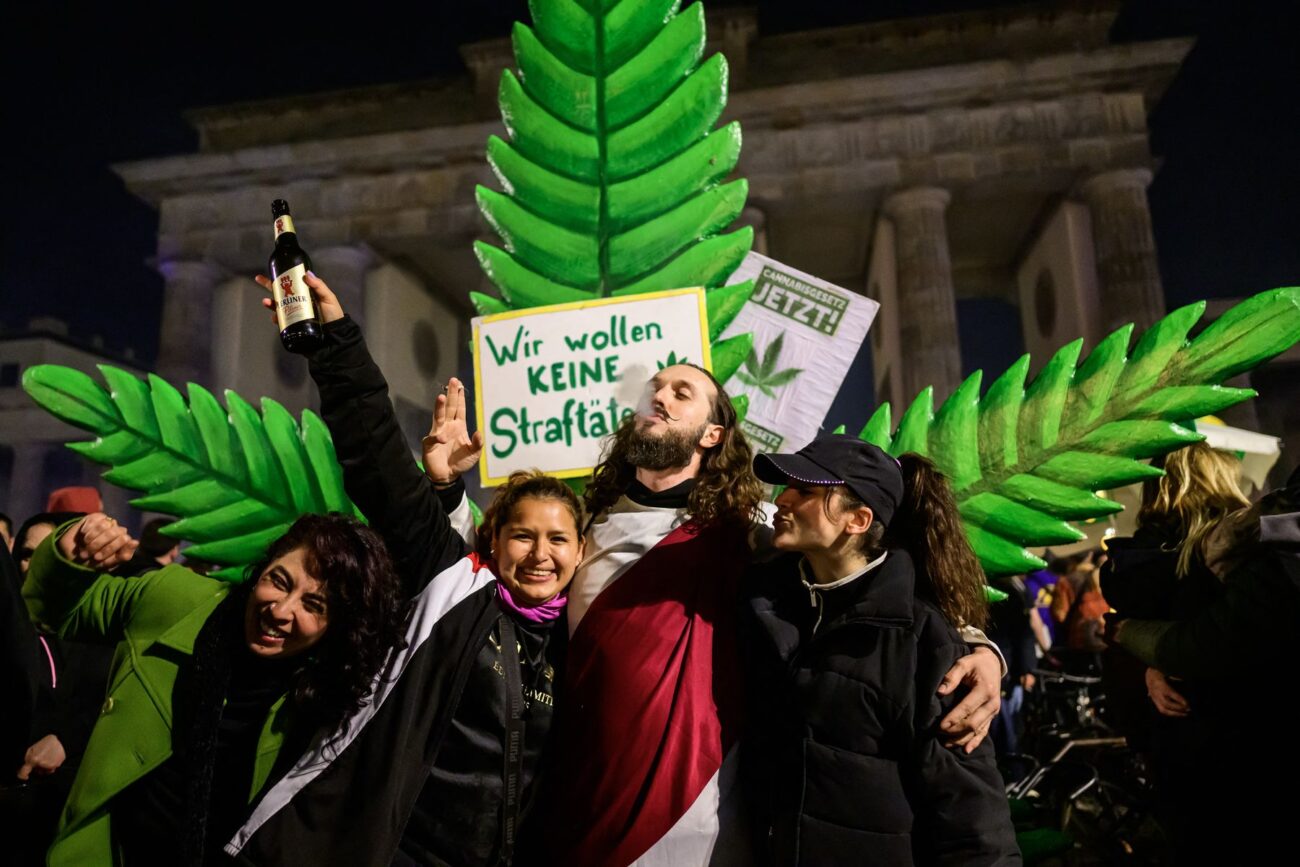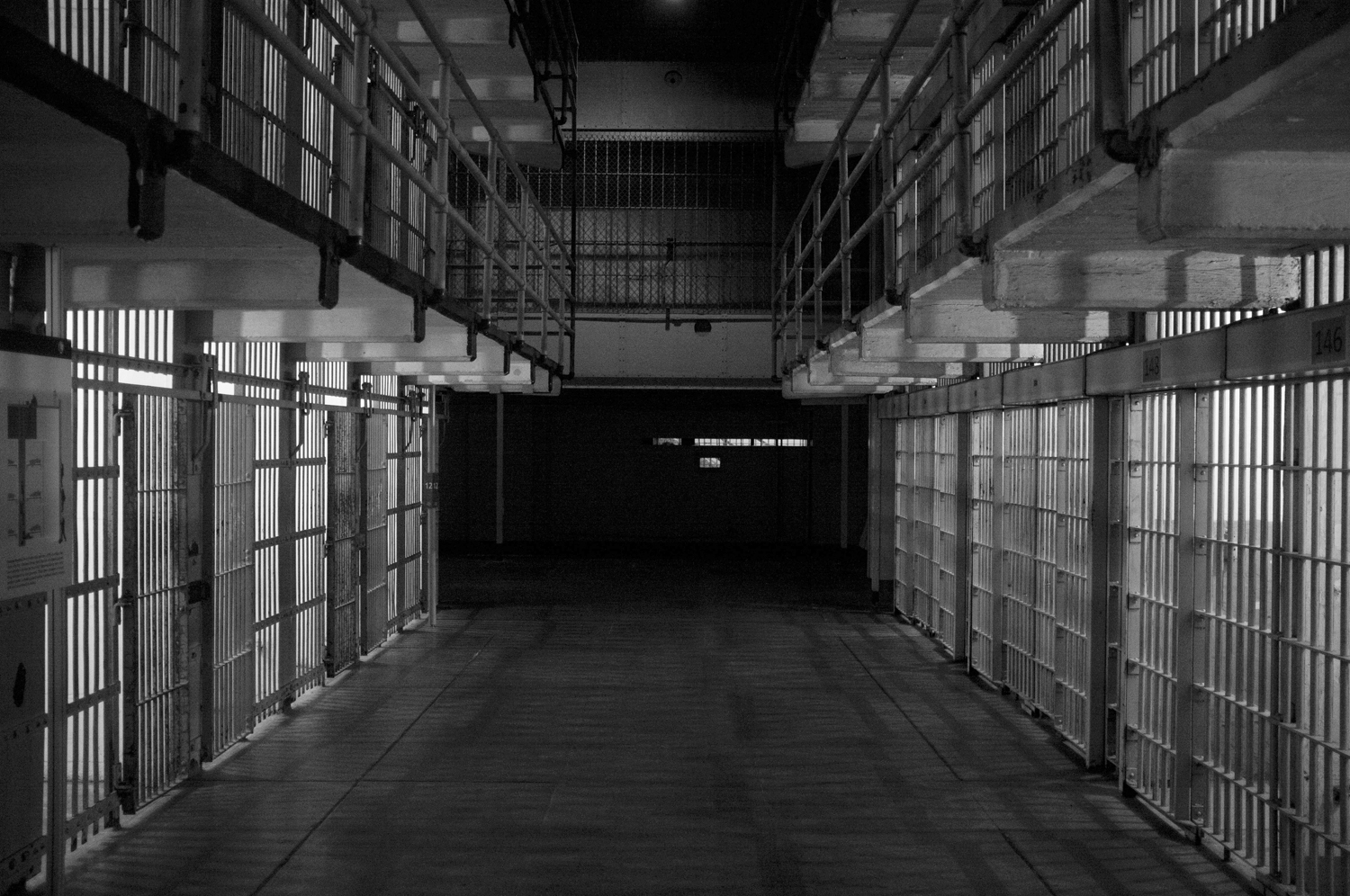Is it time to legalize drugs?
- Sylvia Kay is a researcher on issues related to agricultural and environmental justice, the food system and soil and natural resource policy. The Ecologist published in the media in July and we brought it through the Creative Commons license, that global policies that promote plant bans such as cannabis, coca or opium harm the environment. Kay stressed that some reports have shown that drug prohibition not only does not reduce consumption, but clandestine production and distribution and efforts to eliminate them significantly pollute and damage the environment. To do so, the author analyzes concrete cases from different countries.

The article "The environmental impact of drugs" published in The Ecologist in 2009 highlighted individual consumers: environmental protection is a change in personal habits. Although this moral requirement is understandable, it is not the only way to reduce environmental damage to drug policies.
The destroyer, a report published in July by the
Transnational Institute (TNI), delves into the relationship between drugs and the environment, offering a special vision of the plantations of the three main illegal drugs: cannabis, coca and herb opial.El report has addressed different cases worldwide, analyzing the environmental impacts of these agricultural economies based on
drugs and the political responses of the States to them. These impacts are very real.
In Afghanistan, the new green technology for the exploitation of deep-water wells, imported from China, operating through solar energy, has enabled farmers to take advantage of groundwater reserves and plant opium grass on desert land.
Consequently, the decrease in the water table, over three metres per year, significantly increases the risk and severity of droughts.
The new cocaine trafficking routes from the Central American Andes region to the American market have resulted in the felling of national parks forests and some vulnerable biosphere to land cargo aircraft.
They justify illicit profits by investing in other production systems for highly destructive agricultural products, especially livestock farming, bringing farms to fragile ecosystems.

The growing
industrialisation of cannabis production in the Moroccan region of Rif, using new high-yield varieties imported from the Spanish state and the Netherlands, is causing erosion, degradation, deforestation and loss of biodiversity on the slopes.
Although these environmental damage are obvious, the factors behind them are more complex than can be seen at first glance. What is now considered “illegal drug cultivation” has been cultivated for centuries, except for millennia, by indigenous peoples and rural communities.
They did so without causing significant environmental destruction and continue to be used in traditional ceremonies and practices such as local medicine.
These practices and traditions are often considered economically ineffective and therefore ecologically worse by the mainstream thinking of development.
However, this does not take into account that the solutions proposed as "alternative developments" – generation of legitimate alternative lifestyles – are environmentally irrational.
Glyphosate,
for example, in Myanmar, has been blamed for deforestation, that is, for those who cultivate opium along with food on distant lands.
However, the crop substitution programme set up to address the “drugs problem” has resulted in more and more land for large-scale rubber planting and other industrial monocultures. This has only increased social and ecological damage.
The negative impacts of the so-called War on Drugs must be added to the negative environmental effects of activist development. These include aerial spraying with toxic agrochemicals such as glyphosate. Moreover, as in the case of Colombia, efforts to ban them have led crops to move to increasingly remote, often protected areas such as national parks.
These measures have not been effective, as the production and consumption of cocaine in the world has only increased year after year, over and above the practices they have faced, which are harmful to the environment. The end of the global drug war can therefore bring significant environmental benefits.

High Quality There are some
changes in the global drug regime, the most prominent in cannabis. More and more countries around the world are looking favourably at the regulated market for marijuana for therapeutic use or use by older people. However, these regulated markets do not need to improve environmental sustainability.
The current regime of cannabis standards for medical uses is largely based on a high-quality pharmaceutical model and many countries in the North prefer to replace imports, an approach that encourages indoor cultivation.
This has been associated with a very high carbon footprint, mainly due to advanced heating and cooling systems and intensive growth lights. According to a recent study in the United States, for example, the amount of greenhouse gases emitted by producing 28 grams of dried grass between four walls is equivalent to burning 26-60 liters of petrol.
From an environmental and development point of view, it would be much better for traditional small farmers in the countries of the South to produce cannabis, as the climate there is suitable for outdoor cultivation.
Sovereignty In drug
policies there is a great need for environmental justice and drug treatment must be placed on the radar of environmental and climate organizations. This requires the active participation of those living from illegal crops.
Permanent ways can be built to link drugs with global movements for agroecology, food sovereignty, rural workers and indigenous peoples.
Permanent ways can be built to link drugs with global movements for agroecology, food sovereignty, rural workers and indigenous peoples. Examples are experiments with coca organic leaf producers in Bolivia to obtain coca tea and proposals in the Caribbean for the development of a fair trade cannabis model.
We can get out of the debate that focuses on the political, legal, economic, social and environmental systems that include drug crops, the criminalization of plant uses or the choice of individual lives of consumers, and take it further. This will bring about real environmental justice for people, prohibited plants and the planet.






















